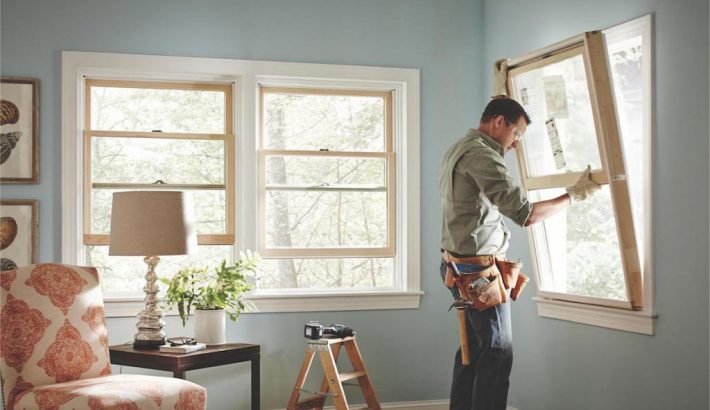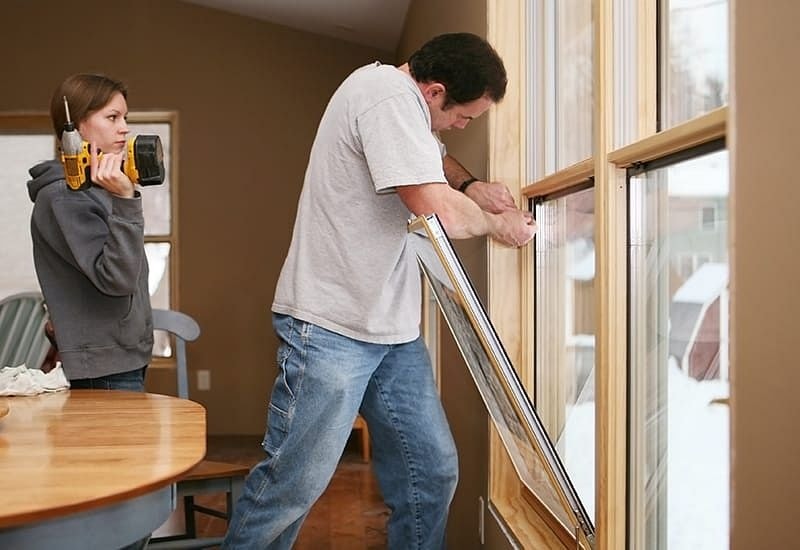Conroe Window Replacement Specialists for Seamless Installations
Conroe Window Replacement Specialists for Seamless Installations
Blog Article
Upgrade Your Home With Energy-Efficient Home Window Substitutes
In the world of home improvement, the decision to update to energy-efficient home window replacements can substantially influence both the functionality and aesthetic appeals of a residence (Houston Pella windows). As house owners seek methods to improve the effectiveness and sustainability of their space, the selection of home windows plays a pivotal function in attaining these goals. Beyond the surface area degree of simple looks, energy-efficient windows use a plethora of benefits that exceed simple aesthetic appeal. With a cautious selection procedure that thinks about numerous elements, from glass types to setup techniques, starting this home upgrade journey could confirm to be a transformative undertaking.
Advantages of Energy-Efficient Windows

The installation of energy-efficient windows gives considerable financial savings on utility bills while improving ecological sustainability. Furthermore, energy-efficient windows can assist control wetness levels within the home, minimizing the danger of mold and mildew development.
Past the monetary advantages, energy-efficient home windows contribute to environmental sustainability by reducing carbon exhausts related to power production. By decreasing energy usage, these windows assist mitigate the ecological influence of illumination, home heating, and cooling household rooms. This reduction in energy intake plays a vital role in combating environment modification and promoting a greener future for generations ahead. In general, investing in energy-efficient home windows not just enhances the comfort and efficiency of a home however also lines up with environmentally conscious practices.
Sorts Of Energy-Efficient Glass
Numerous innovative kinds of energy-efficient glass deal special buildings that deal with various requirements and choices in improving the sustainability and effectiveness of structures. Low-emissivity (Low-E) glass is a preferred choice created to decrease the quantity of ultraviolet and infrared light that can travel through the glass, thereby reducing warmth transfer. This kind of glass aids maintain a regular indoor temperature, lowering the need for home heating or cooling systems, and eventually lowering power prices. An additional innovative option is spectrally selective glass, which allows noticeable light to pass through while obstructing particular types of infrared radiation. This aids in maintaining a comfy interior environment while reducing warm gain. Triple-pane glass, including three layers of glass with shielding gas in between them, gives boosted thermal insulation, making it highly energy-efficient. Additionally, self-cleaning glass with a special finishing that breaks down and loosens dirt when exposed to sunshine can reduce maintenance needs and maintain home windows looking clean. Each kind of energy-efficient glass provides unique advantages, enabling property owners to select the most suitable choice based on their certain needs and objectives.
Factors to Take Into Consideration When Choosing
When pondering energy-efficient home window substitutes, it is necessary to meticulously assess certain factors that straighten with your sustainability objectives and preferred power savings. One vital element to take into consideration is the home window's energy performance rankings, such as the U-factor and Solar Warmth Gain Coefficient (SHGC) The U-factor procedures just how well the home window shields, with reduced numbers showing much better insulation, while the SHGC suggests the window's ability to obstruct warmth from sunlight. In addition, the window framework material plays a significant function in energy effectiveness. Products like fiberglass, vinyl, or timber with thermal breaks are outstanding choices for decreasing warm transfer. One more crucial consideration is the window design and alignment concerning sunlight direct exposure. Choosing the right Click This Link window style and tactically putting them can optimize natural light while lessening heat gain or loss. Finally, installment quality is essential to making sure the home windows perform as planned. Proper setup assists avoid air leak, ensuring optimal energy effectiveness. By meticulously reviewing these factors, you can choose energy-efficient home windows that enhance comfort, reduce energy expenses, and benefit the environment.
Installment and Upkeep Tips

Normal maintenance is vital to protecting the effectiveness of your energy-efficient home windows. Check the windows regularly for any kind of indications of wear, sealant, or damages damage. Tidy the frameworks, tracks, and glass consistently using mild soap and water to eliminate dirt and grime that can impact efficiency. Inspect the weather-stripping and seals for any type of splits or gaps and change them if needed to preserve the home windows' power performance.
Additionally, oil moving parts such as hinges and locks to ensure smooth operation. By complying with these installment and maintenance pointers, you can enhance the energy efficiency of your home and prolong the life expectancy of your energy-efficient windows.
Cost-Benefit Evaluation of Upgrading

Energy-efficient home windows are created to minimize warm transfer, lowering the need for heating and cooling systems to function overtime. This can result in considerable savings on energy expenses, especially in areas with extreme temperatures. Furthermore, energy-efficient windows can improve the general value of your home, making it more appealing to potential purchasers if you choose to offer in the future.
When computing the cost-benefit evaluation, factor in the possible financial savings on power costs, any readily available rewards or discounts, and the life expectancy of the home windows. While the preliminary expense might be greater, the lasting financial savings and benefits of energy-efficient home windows make them a wise investment for home owners wanting to enhance their residential or commercial property's energy efficiency and worth.

Verdict
To conclude, upgrading to energy-efficient home window replacements uses many advantages such as reduced power consumption, raised comfort, and cost savings. By selecting the appropriate sort of energy-efficient glass and taking into consideration factors like frame material and setup, property owners can make best use of the performance of their garage door window frame replacement home windows. Routine upkeep and proper setup are important for long-lasting efficiency. On the whole, the cost-benefit evaluation of upgrading to energy-efficient home windows reveals that the preliminary investment can lead to considerable savings in the future.
When contemplating energy-efficient window replacements, it is necessary to very carefully assess specific factors that line up with your sustainability purposes and wanted energy savings. The U-factor steps exactly how well the home window insulates, with lower numbers suggesting much better insulation, while the SHGC suggests the home window's capacity to obstruct warmth from sunlight. By carefully reviewing these aspects, you can select energy-efficient windows that improve convenience, lower power prices, and benefit the environment.
While energy-efficient home windows may have a greater ahead of time cost compared to typical windows, the lasting benefits often outweigh the preliminary financial investment.In verdict, upgrading to energy-efficient window substitutes offers countless advantages such as lowered power consumption, boosted comfort, and cost financial savings.
Report this page